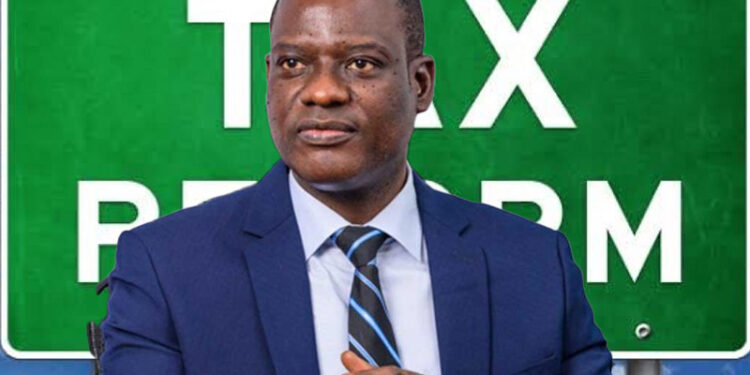Nigerian families with monthly incomes of ₦250,000 or below have been officially classified as poor and will be completely exempt from taxation under the country’s newly signed tax reform laws, according to the Presidential Committee on Fiscal Policy and Tax Reforms.
Taiwo Oyedele, Chairman of the committee and former PriceWaterhouseCoopers tax leader, made this revelation during an appearance on Channels Television’s Politics Today on Thursday, shortly after President Bola Tinubu signed four comprehensive tax bills into law. The new legislation, set to take effect in January 2026, represents a fundamental shift in Nigeria’s approach to taxation and poverty alleviation.
The tax reform architect emphasized that the primary objectives of the new laws focus on stimulating economic activity and tracking tax evaders rather than increasing the overall tax burden on citizens. He described the legislation as efficiency-driven, growth-focused, and people-centric, designed specifically to protect vulnerable populations from additional financial pressure.
Oyedele explained the committee’s methodology for determining Nigeria’s poverty threshold, noting that they conducted extensive debates to establish realistic poverty lines for the country. Rather than relying solely on international standards such as the World Bank’s $2.15 per day benchmark, the committee developed Nigeria-specific criteria that account for local economic realities.
The committee’s analysis assumed an average household size of five people with two working adults supporting the family unit. Through comprehensive calculations, they determined that households earning around ₦120,000 to ₦130,000 between two working individuals would require approximately ₦250,000 monthly to maintain basic living standards without luxury.
Under the new tax structure, the committee has implemented a progressive system that eliminates taxes for the poorest citizens while adjusting rates across different income brackets. Oyedele confirmed that middle-income earners, estimated at those making between ₦1.8 million to ₦2 million monthly, will experience reduced tax rates compared to current levels, while higher earners will face slight increases.
The tax reform chairman noted that middle-income earners represent only about five percent of Nigeria’s total population, highlighting the concentration of wealth and the need for protective measures for lower-income groups. He emphasized that while the new laws won’t provide direct cash benefits to poor households, they will prevent additional financial burdens through taxation.
Oyedele acknowledged that Nigeria currently collects only about 30 percent of its potential tax revenue, representing a significant 70 percent gap that the new legislation aims to address. The reforms are designed to improve tax collection efficiency while ensuring that enforcement efforts target appropriate income brackets rather than burdening those already struggling economically.
The committee’s approach reflects recognition of Nigeria’s unique economic circumstances, where many citizens may not meet international poverty thresholds but still lack sufficient resources for taxation. Oyedele referenced his personal experience growing up in rural areas, where individuals might not earn traditional wages but maintain subsistence through food production and reduced transportation costs.
This comprehensive tax reform represents one of the most significant policy shifts in Nigeria’s fiscal approach, balancing revenue generation needs with social protection for vulnerable populations while attempting to create a more equitable and efficient taxation system.



















